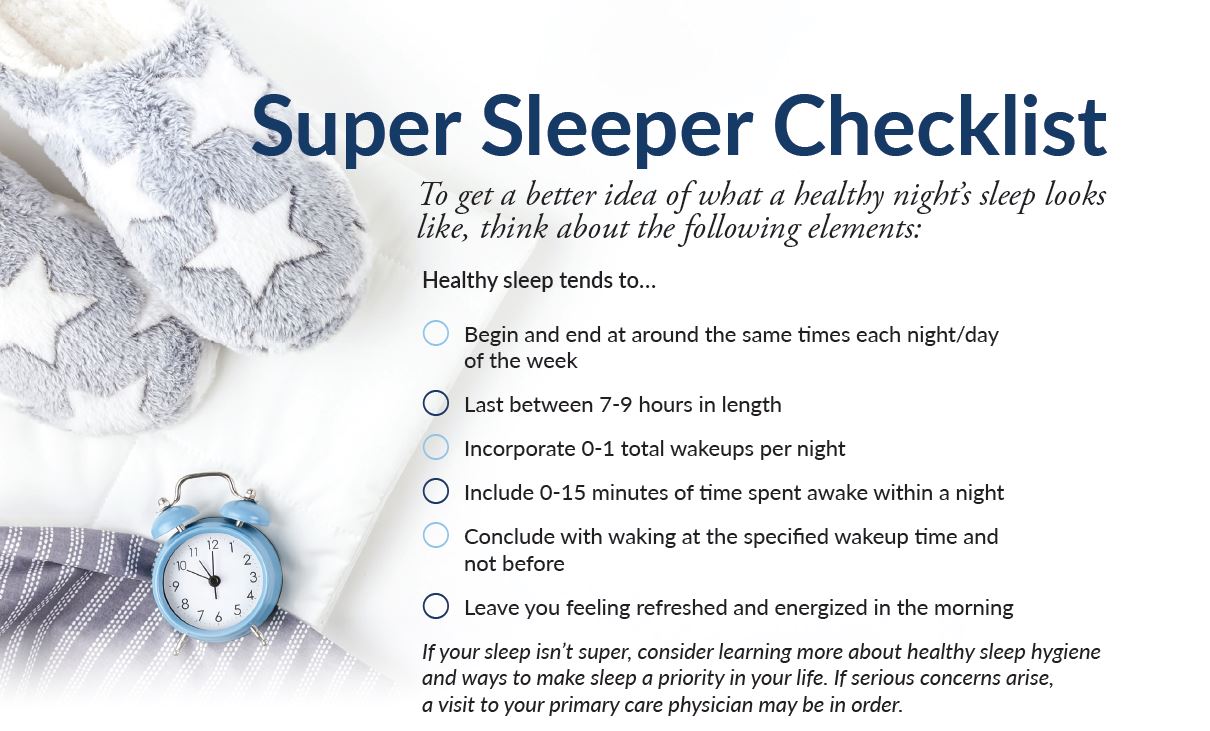As answered by Issue Reviewers

Q: Is it possible to sleep too much?
Dr. Thomas
Hypersomnia is the term used to describe excessive sleep duration, and is not normal. The capability of sleeping 11 or more hours in a 24-hour period (without prior sleep loss) is considered abnormal. It is normally not possible to extend sleep more than an hour or so as sleep duration is a stable trait. A change in sleep duration is abnormal—either shortening or lengthening. The latter, for example, is associated with risk of developing dementia.
Dr. Lipford:
Yes, it is possible to sleep too much. Most individuals need between 7-9 hours of sleep nightly. While it can be normal to sleep longer following a period of sleep deprivation or if you are ill, sleeping more than 9 hours nightly may be a sign of a problem. It is possible you have a sleep disorder which may interfere with the quality of your sleep. Other medical conditions have also been linked with oversleeping regularly. If you need more than 9 hours of sleep on a regular basis, it would be best to check in with your
doctor.
Dr. Zak
This is a multi-faceted question. Perhaps you awaken from naps feeling worse than before you went to sleep and believe you must have ‘slept too much.’ In this case, the issue is awakening from deep sleep and is the result of a nap that is too long. Sleep is generally divided into REM sleep, known as dreaming sleep, and non-REM (NREM) sleep. We then subdivide the NREM sleep into light and deep sleep. We usually awaken from either REM sleep or light sleep, but if we awaken from deep sleep, we will feel as if we have not slept, often almost ‘hungover’ and worse than prior to going to sleep. This is referred to as ‘sleep inertia’ and can occur when we take a nap that is so long that it contains not just light sleep but also deep sleep. Thus, technically, no harm has been done—the body is no worse off getting that additional deep sleep during the nap—but the brain does not feel good. Thus, it is usually recommend that people take 20-minute naps to avoid entering deep sleep.
Dr. DelRosso
The American Academy of Sleep Medicine published a consensus statement on the recommended amount of sleep for adults. The consensus was that at least 7 hours of sleep were recommended. Adults can sleep more than 7 hours, but when adults sleep more than 9 hours, they may be recovering from sleep debt. Illnesses can also cause longer sleep, but it is unknown if longer sleep is associated with other health risks. If you are concerned about longer or shorter sleep, you should consult with a sleep physician.
Q: Why don’t I dream when I sleep?
Dr. DelRosso
We often dream, but do not remember our dreams. Awakening right during a dream improves dream recall. What often happens is that we do not wake up during a dream and therefore we do not remember our dreams. Not remembering dreams is not associated with any concerns or diseases.
Dr. Thomas
Dream recall and dreaming itself varies substantially from individual to individual. When woken up from REM sleep, dreams are typical, but awakening from NREM sleep can also include dreaming. Those who claim to not dream, if woken up from REM sleep, will likely describe dreams. Not having conscious dream recall is not by itself abnormal.
Dr. Zak
Dreaming generally occurs during REM sleep. The only way to know if you dream is to both awaken from REM/dreaming sleep and also stay awake long enough to form a memory (generally at least 30 seconds). One reason you may not be aware of dreaming is if you are sleeping soundly throughout the night. However, the most common reason that I see patients not dreaming occurs when they have Obstructive Sleep Apnea (OSA). OSA is often worse in REM sleep and many patients with OSA have very fragmented REM or hardly any REM sleep in the untreated state and thus do not have dreams. Once they get treatment, they will often have the return of dreaming (so called “REM rebound”).
There are also medications that can decrease REM sleep, most notably many classes of antidepressants, and while very few actually eliminate REM sleep, the decrease in amount of REM sleep can sometimes be perceived as having fewer dreams.
Q: What should I do if pain won’t allow me to lie down for 8 hours?
Dr. Thomas
Severe acute pain will markedly disrupt and reduce sleep—this is evolutionarily adaptive. Chronic pain causes restless sleep and arousals from sleep. It is best to target the cause of pain, and get what sleep one can. Sleeping aids alone are not a good idea, without addressing the cause of the pain. Strong pain killers like morphine can by themselves lighten sleep and cause awakenings.
Dr. Zak
The first approach should be to work with your primary care physician and/or a pain specialist to try to determine the cause and provide treatment of the pain. Assuming that has been done, the next step is to find the position in which it is possible to sleep. Lying in a bed may be the most convenient and conventional way to sleep, but it is possible to sleep sitting up, such as in a recliner, or for some people with acute back pain, it can be the floor. Physical therapists can advise helpful strategies for finding comfortable positions.
Q: Can a full moon interfere with my sleep?
Dr. Thomas
There is data suggesting shorter and lighter sleep during full moon, even when measured in a chamber without windows. There has been difficulty replicating this finding. Expectancy effects are likely important. Certainly, if sleeping outdoors, sleep duration can be impacted by moonlight (shorter with a full moon), especially in those who are sensitive to light (this varies considerably person to person). Humans are not thought to be able to respond directly to gravitational changes. Nevertheless, there are individuals who claim strong effects, and there is no need to contest that as it is plausible. Objective measurement is ideal to settle
any argument.
HAVE A QUESTION FOR THE SLEEP DOCS?
Submit your questions by email to healthiersleep@worldsleepsociety.org. Questions are selected based on space & applicability.




